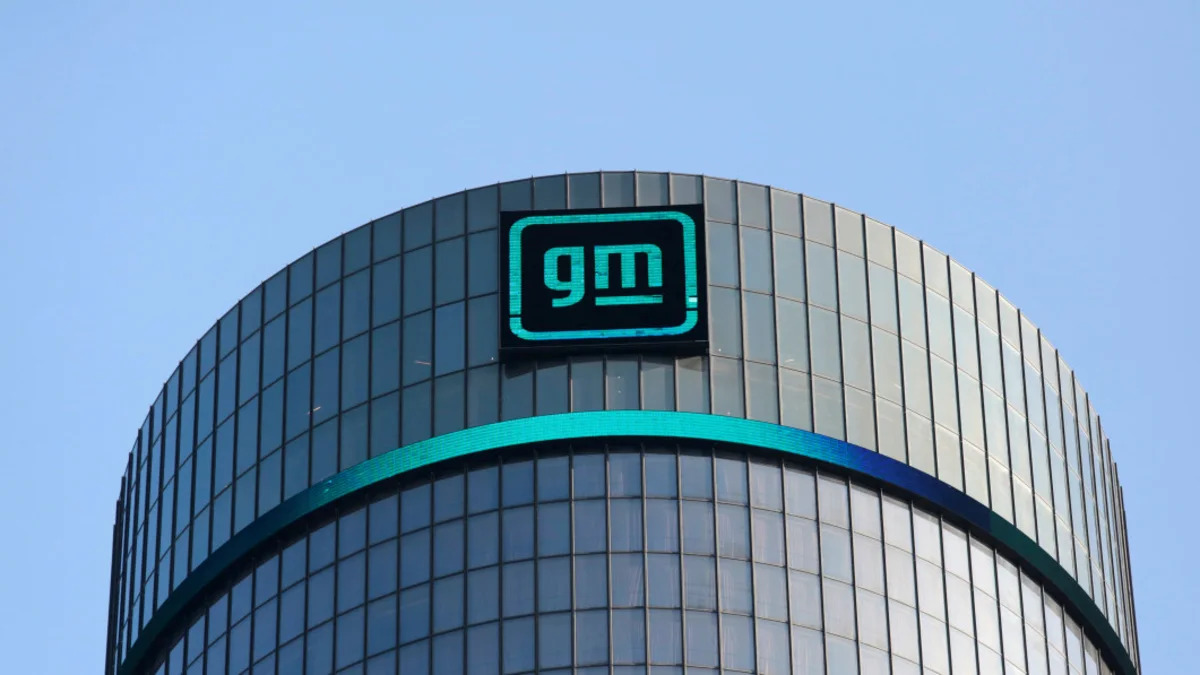WASHINGTON — General Motors warned the Biden administration's planned changes to vehicle emissions rules could cost the auto industry hundreds of billions of dollars in penalties by 2031, which the Biden administration said on Thursday was wrong.
GM executive David Strickland met on July 17 with White House Office of Management and Budget (OMB) officials about the administration's vehicle fuel economy proposal, according to a slide on a White House website.
At the meeting, GM estimated the auto industry as a whole could face $100 billion to $300 billion in total penalties — or $1,300 to $4,300 per vehicle — from 2027 to 2031 depending on whether an Energy Department proposal to revise the petroleum-equivalent fuel economy rating for electric vehicles (EV) is enacted.
The National Highway Traffic Safety Administration, which oversees Corporate Average Fuel Economy (CAFE) regulations, said late on Thursday GM's "estimate is pure speculation and inaccurate." The agency will release its proposal to hike CAFE requirements for 2027 and beyond on Friday, sources familiar with the agency's plans said, after the White House signed off on Tuesday.
A Biden administration official said under one scenario the auto industry could face about $3 billion in fuel economy penalties in 2032 and in another it might face essentially no penalties.
Another official told Reuters NHTSA's preferred CAFE proposal is estimated to save consumers more than $50 billion on fuel over a vehicles' lifetime and reduce oil use by more than 88 billion gallons through 2050. Overall, the benefits of the rule would exceed costs by more than $18 billion, the official added.
GM, which in 2021 vowed to halt the sale of new gasoline-powered vehicles by 2035, said this month it could face compliance challenges under the EV efficiency rules and vehicle emissions regulations. The company said on Thursday it looks forward to "further and increased technical dialogue with the EPA and the White House as the rule is finalized."
NHTSA's plan will follow the Environmental Protection Agency's (EPA) April proposal to toughen 2027-2032 standards, requiring a 56% emissions cut that would result in 67% of new vehicles by 2032 being EVs.
A group representing major automakers including the Detroit Three wants EPA to significantly soften its requirements, calling it "neither reasonable nor achievable."
Chrysler parent Stellantis and GM paid a total of $363 million in civil penalties for failing to meet CAFE requirements for prior model years, Reuters reported in June. The record-setting penalties include $235.5 million for Stellantis for the 2018 and 2019 model years and $128.2 million for GM covering 2016 and 2017.
The penalties were assessed against the companies' entire vehicle fleets not meeting the requirements.
Automakers pay penalties if internal combustion-powered vehicles they sell do not meet CAFE standards or buy credits from other automakers to meet requirements. They can also sell electric vehicles to help offset vehicles that do not meet requirements.
Related video:


Sign in to post
Please sign in to leave a comment.
Continue